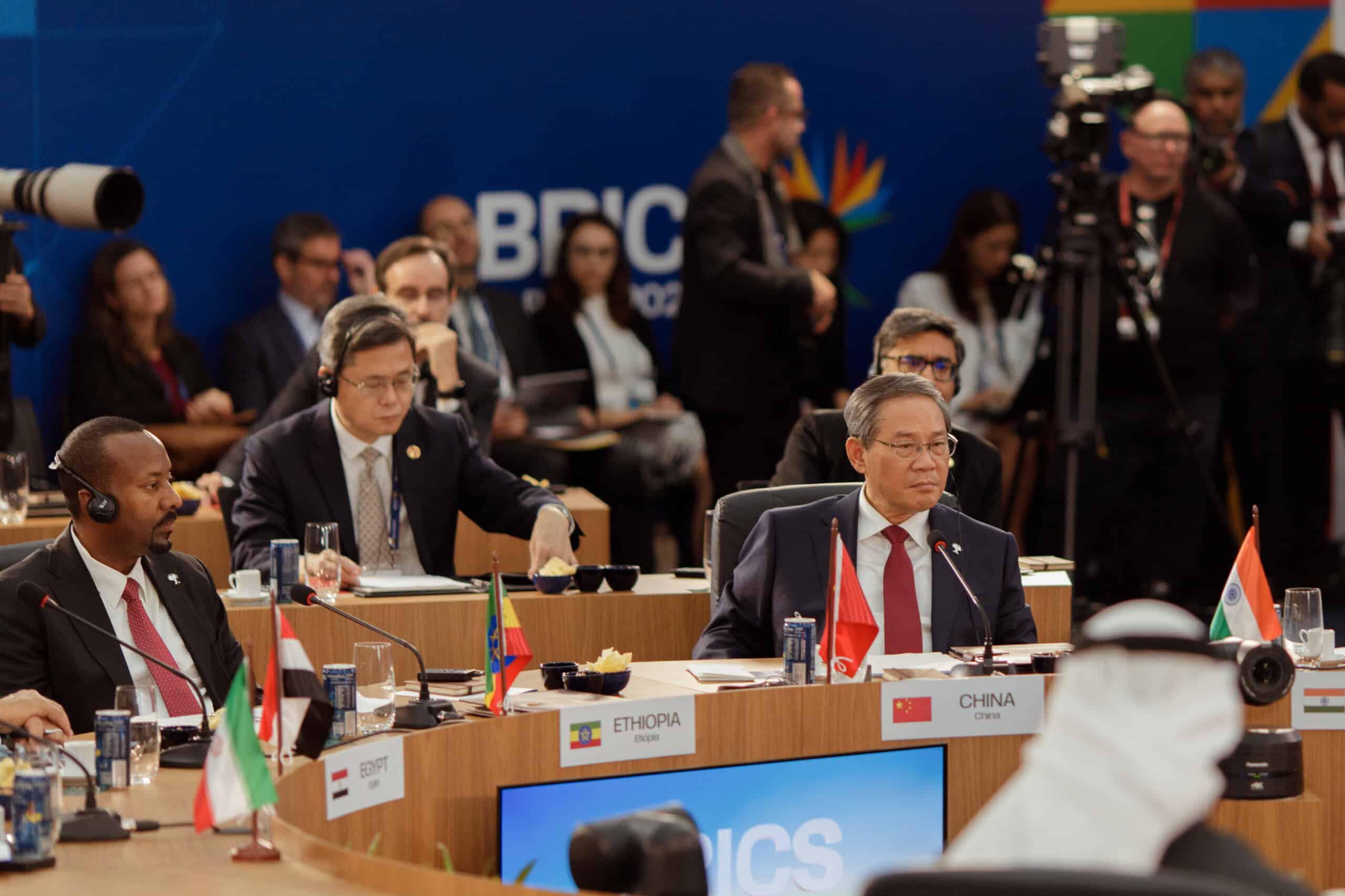Cai XiaSee this excellent Chris Buckley profile of Cai Xia. was a professor of political theory at the Central Party School of the Chinese Communist Party in Beijing between 1998 and 2012. But in late 2020, after her sharp critiques of the Party and its leader, Xi Jinping, began circulating online, she was expelled from the Communist Party. In one talk that leaked online, she said, "This Party is a political zombie." By that time, though, she was already residing in the U.S., where she rema
Navigate China's Business Landscape with Confidence.
- Gain visibility into supplier risks
- Easily manage trade compliance
- Conduct in-depth due diligence



